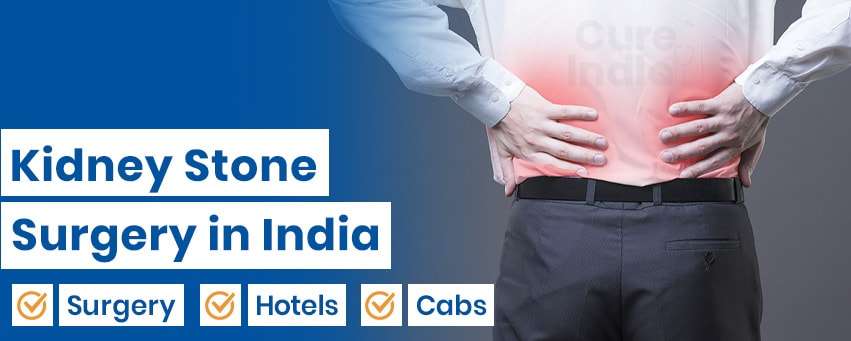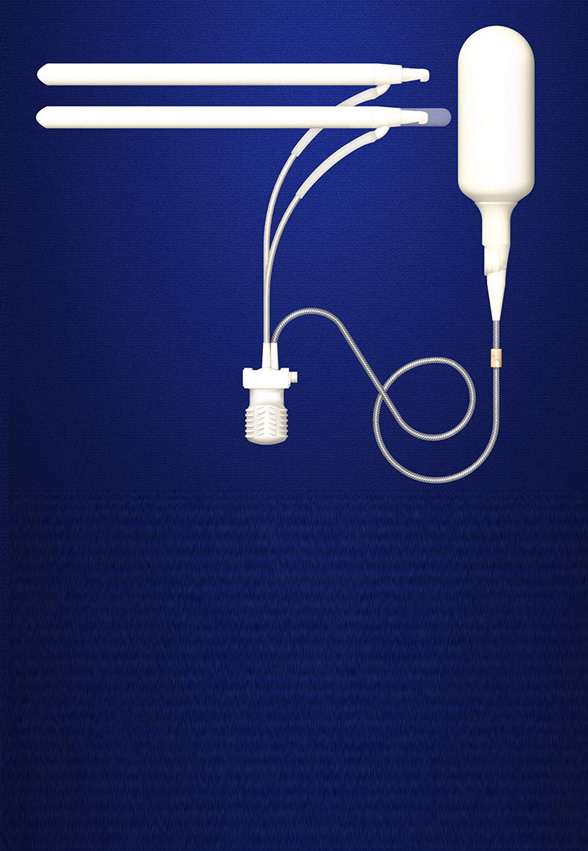

Kidneys are a pair of bean-shaped organs in the body that filter the blood and remove the waste and excess fluids from the blood. When you don’t drink enough water and consume a lot of sugary and salty foods, then the water-electrolyte balance gets disturbed in the body. As the water levels decrease in the blood, the waste does not get flushed out and starts accumulating as small particles. These particles start clumping together, forming a solid mass that we commonly call kidney stones, which can also be referred to as renal stones, nephrolithiases, or urolithiases.
While the stones in the kidney are more common in adults, nowadays children and even infants are getting affected by kidney stones. Reports show that there is an increase in paediatric kidney stone incidence rates in Africa. Kidney stone removal is available in some parts of Africa, but in some African countries, adequate healthcare resources are lacking, making it difficult to provide surgical treatments for kidney stones.
The success rates of kidney stone surgery in India is high, done by top-class kidney stone hospitals, and the total kidney stone operation cost is minimal, making it highly affordable for patients, especially those coming from other countries. It is due to this reason that many African kidney patients from countries like Uganda, Congo, Ghana, and Zambia are travelling to India, especially for renal stone surgery. Continue reading this page for detailed information about renal treatment options like laser treatment for kidney stones and their costs available in India.
A kidney stone may not show any symptoms at all until it moves around the kidney or passes into the ureter. Following are some of the most common signs and symptoms of kidney stones:

Kidney stones often do not have a single or defined cause, but several factors may increase the risk of getting a kidney stone. Kidney stones are formed if your urine consists of more crystal-forming substances like calcium, oxalate, and uric acid. The fluid present in the urine is not able to dilute these heavy substances. The urine may also lack substances which prevent the sticking together of these crystals. Thus, these conditions make it ideal for the formation of kidney stones.
Your doctor will review your medical history with you and may suggest certain testing procedures to confirm the diagnosis. These tests are done to check the presence and size of the kidney stones. Included in these tests are:
CureIndia helps you choose the right doctor for your kidney stone surgery in India. Most of the doctors in our associated hospitals have been internationally trained and are active members of many international medical councils and associations. Let's hear from some of the most reputed urologists for kidney stone removal in India.





On average, the kidney stone surgery price ranges from $400 to $1,500. Depending upon the size of stones you have, the treatment procedure you require, your overall health, any medication cost, your selected hospital and the location of the hospital, your surgeon’s fees, insurance coverage, travel cost, etc., the total cost of kidney stone surgery in India can vary from patient to patient. Sometimes the patients have other complications along with kidney stones; for such patients, additional treatments are also required so the total cost can increase slightly. The average costs of different kidney stone surgery types are listed below for your general idea:
| Treatment | Cost in India | Stay in India |
|---|---|---|
| RIRS Kidney Stone Surgery in India | $2,000 Unilateral / $3,500 Bilateral | 7 Days |
| PCNL Kidney Stone Surgery in India | $2,500 | 7 Days |
The cost of nephrolithiasis operation in the United States, United Kingdom, Australia, and Singapore ranges from $12,419 to $18,863, $8,500 to $15,600, $3,300 to $7,000, and $4,500 to $8,000 USD, respectively. When we compare the kidney stone surgery price in India with the cost of the same operation in other countries, it is evident that the treatment cost in India is much lower.
Knowing the kinds of kidney stones may help in determining their cause and may give a fair idea of reducing the risk of getting more kidney stones in the future. The different types of kidney stones include:
Most kidney stones are made of calcium, or more usually calcium oxalate. Oxalate is a substance that occurs naturally in food and is also synthesized by your liver.
Struvite stones are formed as a response to a urinary tract infection. Struvite stone grows at a fast speed and can expand over time.
Uric acid stones are most commonly formed in people who have a lesser intake of fluids or who may lose too much fluid.
Cystine stones are formed in people who possess a hereditary disorder in which the kidneys excrete too much of certain amino acids.
There are several procedures for getting a kidney stone surgery in India. While some treatments consist of giving medicines and other non-surgical treatments for the removal of the smaller size of kidney stones, larger kidney stones may need surgery to be completely removed so that they do not cause any more problems. The different kidney stone surgery types are:
In this kind of surgery, an X-ray or ultrasound is used to locate the stone in the kidney. After locating the stone's exact location, high-energy shock waves are aimed at the kidney externally, which go through the skin, and the stone breaks up into small pieces.
Ureteroscopy is used to treat stones present in the kidneys as well as ureters. A thin, flexible scope is used to locate and remove stones. It is a minimally invasive procedure with no incisions. However, the doctor injects anaesthesia, and you may sleep during the procedure.
Sometimes lithotripsy is not able to break a stone if it is really big. Therefore, percutaneous nephrolithiasis operation is chosen as the best procedure for such cases. In PCNL, the doctor uses a small tube that reaches the stone and breaks it with high-frequency sound waves.
Nowadays, due to increased consumption of unhealthy foods, developing kidney stones has become quite common. The treatments for the removal of renal calculi in India are highly successful and cost-effective. You can definitely consider kidney stone surgery in India as your best treatment option.


Suffering from Erectile Dysfunction
Open up and get treated
Semi Rigid and Inflatable Penile Implants
Get back the Erection
Insecure about your size
Get Penile Augmentation